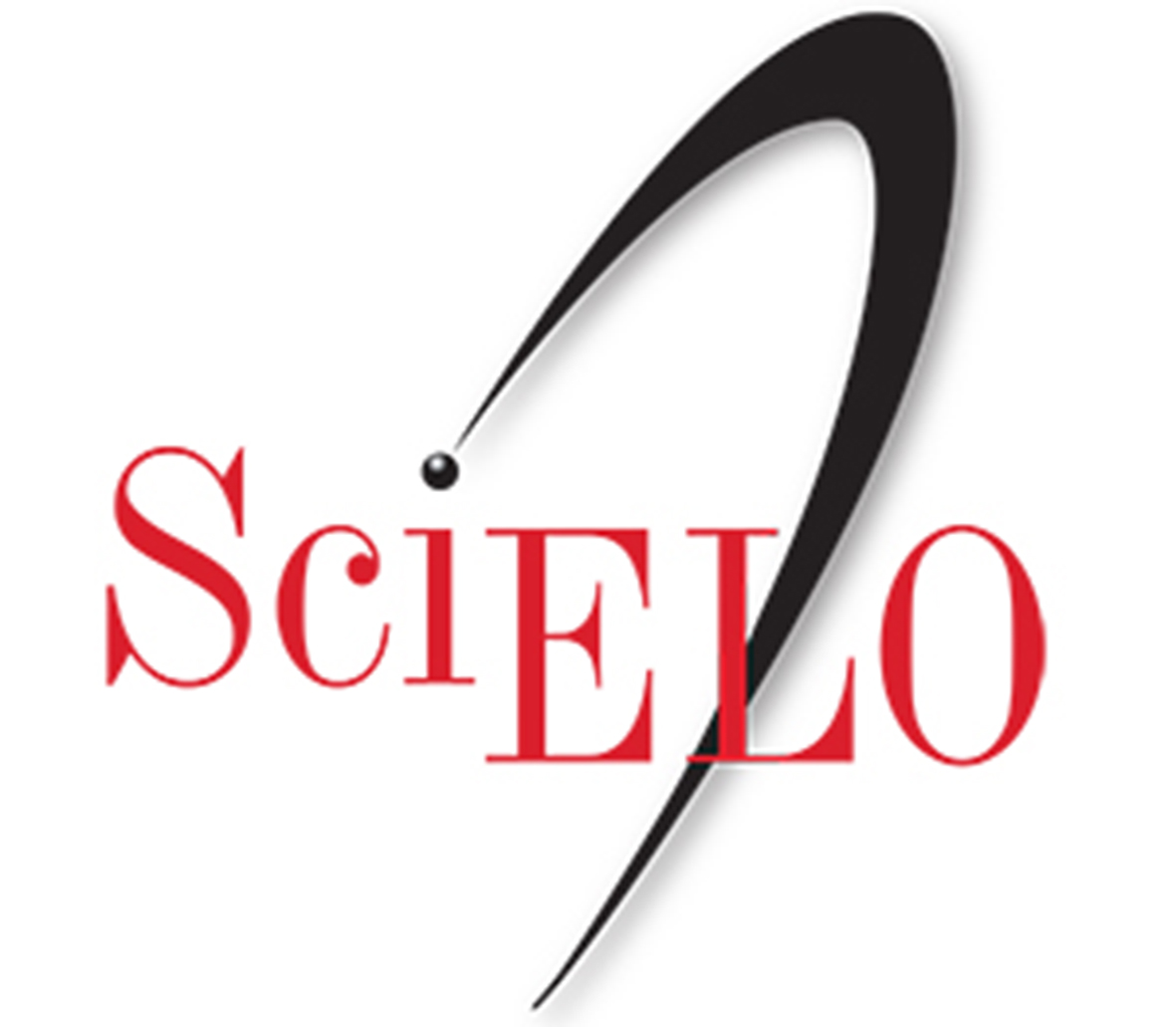METROPOLIZAÇÃO TURÍSTICA EM REGIÃO MONOCULTORA INDUSTRIALIZADA (touristic metropolization in an industrialized region by monoculture)
Abstract
No Nordeste do Brasil percebe-se instituição de processo de metropolização intenso, associado ao atendimento de demanda por atividades de lazer nos espaços litorâneos e cujo rebatimento projeta as metrópoles nordestinas em relação a seu lado mar. A incorporação desta parcela do espaço redimensiona as regiões metropolitanas dos estados mais dinâmicos (Bahia, Ceará, Pernambuco, Rio Grande do Norte), denotando um quadro de urbanização linear (a acompanhar paralelamente a zona costeira) e fragmentado. O lazer como variável delineante do processo de modernização das cidades reverte quadro imagético anterior e a balizar relações privilegiadas com o continente (interior). Consequentemente assiste-se à passagem de um imaginário social e político representativo de uma região produtora de alimentos e a sofrer impactos de uma natureza perversa (justificadora das políticas de industrialização), à evidenciação de uma imagem positiva do semiárido, que referenda investimentos no domínio do agronegócio e do turismo litorâneo, indicado no presente trabalho como a variável inovadora. O tratamento do conjunto de políticas públicas de caráter regional (PRODETUR I, PRODETUR II e PRODETUR Nacional), do Plano de Modernização de Infraestrutura (PAC), bem como de investimentos privados no domínio do imobiliário, permite apreender essência do processo de reestruturação da rede urbana regional e da malha urbana das principais metrópoles nordestinas (Fortaleza, Natal, Recife e Salvador) no final do século XX e início do século XXI.Palavras-chave: Metropolização Turística, Lazer, Políticas Públicas.
ABSTRACT
The intensive process of metropolization in the Northeast of Brazil is associated with the attendance of demand for leisure activities in coastal areas. Than the metropolises are expanding their urban areas to the seaside. The incorporation of this portion of space resizes the metropolitan areas which Bahia, Ceará, Pernambuco and Rio Grande do Norte are the most dynamic, inducing a linear and fragmented urbanization (parallel to the coastal zone). Leisure as a main tool to the process of modernization of the metropolises reverses previous negative imagery and delimits privileged relations with the mainland (countryside). Consequently the states of those metropolises rebuilt a social and political imaginary, representative of a region that produces food, but sustaining impacts of a perverse nature to justify policies of industrialization. Nowadays the Semiarid Region has a positive image that attracts investments in agribusiness and tourism, defined in this work as an innovative system. The treatment of the regional public policies (PRODETUR I, PRODETUR II and National PRODETUR), the Plan of the Modernization of the Infrastructure (PAC) as well as private investments in the field of real estate, allows grasp the essence of the restructuring of the regional urban network of the main cities in the Northeast (Fortaleza, Natal, Recife and Salvador) in the late twentieth and early twenty-first centuries.
Key words: Touristic Metropolization, Leisure, Public Policies.
RESUME
On remarque, dans le Nordeste du Brésil, un processus de métropolisation intensive et suscite pour la consolidation d’activités de loisirs dans les zones côtières et dont les conséquences ont mis en évidence les zones de plage dans leurs métropoles. L’intégration continuée de cette partie de l’espace, redimensionne toutes les régions métropolitaines, surtout celles des départements les plus dynamiques (Bahia, Ceará, Pernambuco, Rio Grande do Norte), où une urbanisation linéaire (parallèle à la zone côtière) et fragmentée est imposée. Le loisir prend sa place comme variable clé dans le processus de modernisation des villes, renversant un cadre de relations privilégiées avec l’arrière pays. Prenant en compte les changements de l’imaginaire politique d’une région productrice de nourriture, et touchée pour les alléas climatiques (ce qui justifie les politiques d’industrialisation), on voit naître une image positive de la région semi-aride, ce qui justifie des investissements dans le domaine de l’agro-industrie et, surtout dans tourisme côtier, variable inovatrice dans les politiques publiques dans le Nordeste. L’analise des politiques publiques (PRODETUR I, II et PRODETUR PRODETUR National), des plans de modernidsation des infrastructures (PAC) ainsi que l’investissement privé dans le domaine de l’immobilier, permet de saisir l’essence de la restructuration du réseau urbain et régional des grandes villes de la région en question (Fortaleza, Natal, Recife et Salvador) à la fin du XXe et du début du XXIe siècles.
Mots-clés: Métropolisation touristique, Loisir, Politique publique.
How to Cite
DANTAS, Eustógio Wanderley Correia.
METROPOLIZAÇÃO TURÍSTICA EM REGIÃO MONOCULTORA INDUSTRIALIZADA (touristic metropolization in an industrialized region by monoculture).
Mercator, Fortaleza, v. 12, n. 2, p. 65 a 84, oct. 2013.
ISSN 1984-2201.
Available at: <http://www.mercator.ufc.br/mercator/article/view/1175>. Date accessed: 07 feb. 2026.
Section
ARTICLES
Keywords
Metropolização Turística, Lazer, Políticas Públicas.
Authors who publish in this journal agree to the following terms:
- Authors retain the copyright and grant MERCATOR the right of first publication, with the work simultaneously licensed under the Creative Commons Attribution License, which allows the sharing of the work with recognition of the authorship of the work and initial publication in this journal.
- Authors are authorized to sign additional contracts separately, for non-exclusive distribution of the version of the work published in this journal (e.g., publish in an institutional repository or as a book chapter), with acknowledgment of authorship and initial publication in this journal.
- Authors are allowed and encouraged to publish and distribute their work online (e.g., in institutional repositories or on their personal page) at any point before or during the editorial process, as this can generate productive changes as well as increase the impact and citation of the published work (see The Effect of Free Access).
- Authors are responsible for the content of the manuscript published in the journal.






